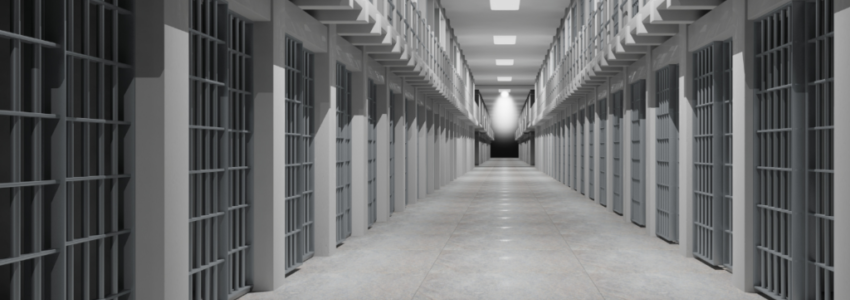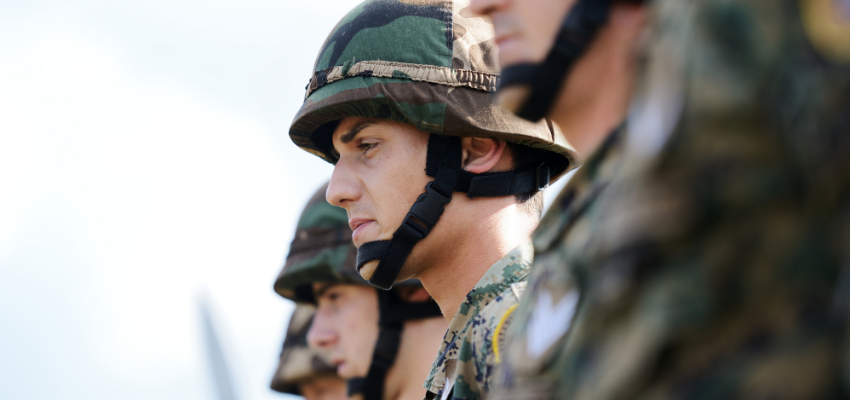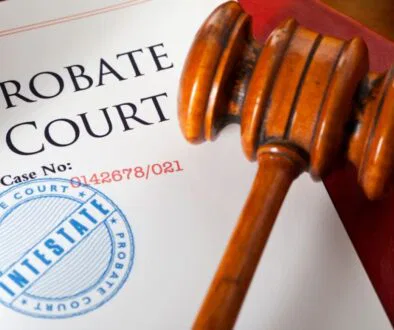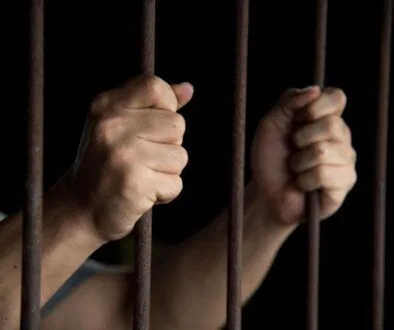What Are US Military Prisons Like?

Published June 3, 2022
Currently, in the US, there are over 7,000 prisons. You may not have known, however, that there are a variety of prisons. Military and civilian prisons are the two common categories.
They differ in numerous ways. Yet, few people are aware of the differences between military and civilian prisons. This article examines the differences between these two prisons in terms of facilities, daily life, rehabilitation, etc.
US Military Prisons and US Civilian Prisons: Comparison
The distinction between civilian and military correctional facilities can be regarded from the following perspectives:
1. Facility
In general, civilian prisons are unclean, damaged, and neglected. This is because the majority of inmates do not care about cleanliness and perform the bare minimum to maintain it. After all, they are neither rewarded for keeping facilities clean nor are they punished for failing to do so.
In comparison, military prisons like the naval brigs have strict rules requiring inmates to keep their facilities clean. In addition, the inmates are responsible for the upkeep and maintenance of their housing. If an area becomes untidy and unsanitary, the inmates will receive a punishment. This is not surprising, considering the military’s emphasis on order and a strict no-tolerance policy for misconduct.
2. Salutes
You may believe that saluting is required or at least a common practice in USA military prisons. This, however, is not the case. Although they are still part of the military, inmates within military prisons are not permitted to salute military officers.
If they do salute, it may be a violation of the Uniform Code of Military Justice (UCMJ) law. This is due to the fact that military leaders are required to return the salute of those who salute them. However, it is disgraceful for an official to salute an inmate. Therefore, convicts are prohibited from saluting officers.

ADVERTISEMENT
3. Guards
Typically, local security forces or military police personnel are stationed at US military prisons. They are uniformed staff who are subject to the same obligations and expectations as the prisoners housed in the cells.
Keeping military detainees under control is their military specialty or duty; thus, they want everything to go smoothly. As a result, inmates’ lives in army prisons are frequently free of trouble.
4. Daily Life
For military detainees, the typical day begins at 6 a.m. Inmates are counted, and a roll call is made. After shaving and getting dressed, convicts work in the prison’s workshop.
Examples include dormitory cleaning, kitchen detail, woodworking, landscaping, and masonry. Prisoners must adhere to the following set of rules and regulations at all times.
5. Solitary
If detainees disobey the officers or violate certain rules, they will be placed in solitary confinement or isolation in both military and civilian prisons. This is also frequently called “the hole.” Here, inmates are left alone to sleep, think, and “amuse” themselves.
Maximum solitary in a military prison is six months, and the inmate’s actions determine the duration spent. The “hole” of the military prison is an 8-by-7-foot room with a single toilet, basin, bunk, and light. Food will be delivered to inmates through a small gap in the door.
6. Rehabilitation
Before a prisoner is released, the military offers a variety of rehabilitation programs. Given that these inmates will receive a dishonorable discharge, it is important that they participate in rehabilitation programs to continue finding employment. Typically in fields that are understaffed or that require specialized training.
The military jail system will offer training in various fields, including automotive repair, hospitality, carpentry, and culinary arts. As a result, this helps inmates’ “re-entry.”
(Related: What Swedish Prisons Can Teach Us)
Reduce Your Jail Call Costs By Up To 90% Per Minute With GlobalTel
GlobalTel’s inmate calling service lowers jail call per minute rates by up to 90% for jail calls from US facilities. Sign up now and use the special jail call phone number we create for you to eliminate the long distance jail call fees. Try GlobalTel for only $45.99 for 90 days. Make US/domestic and international jail calls at the local rate and stay connected to your incarcerated loved ones for less. Learn more about how to sign up for calls from inmates here.

This Content Is Fact Checked
Our esteemed team of specialists has thoroughly validated the accuracy of this information. Discover further details about the rigorous editorial guidelines for our website here.
ADVERTISEMENT

About The Author
Krizzia Paolyn is an SEO Specialist with a bachelor’s degree in Psychology. It has always been her passion to share her voice, and at the same time, to encourage other people to speak up.




